Your search “Keep the Death Penalty Abolished fin the Philippfines /page/www.deathpenaltyindia.com/img/pages/resources/2017Statistics.pdf ”
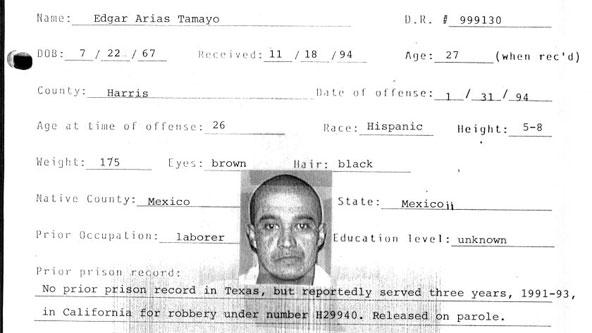
Article(s)
Mexico fights on after Texas illegally executes one of its nationals
By Thomas Hubert, on 23 January 2014
The execution of Edgar Tamayo in violation of an international court order spurs Mexico to pursue its efforts in favour of consular rights in the US, a diplomat says.
2014
Mexico
United States
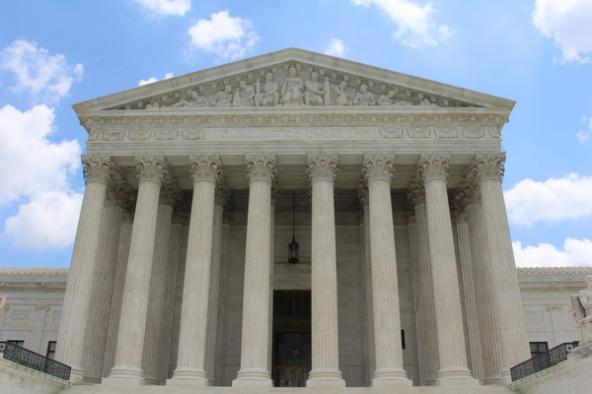
Article(s)
US Federal Executions Resume
By Louis Linel, on 28 July 2020
It has been 17 years since the United States decided on a de facto moratorium on federal executions, which can be carried out only for certain federal criminal offences. This moratorium, however, ended in July.
2020
Moratorium
United States
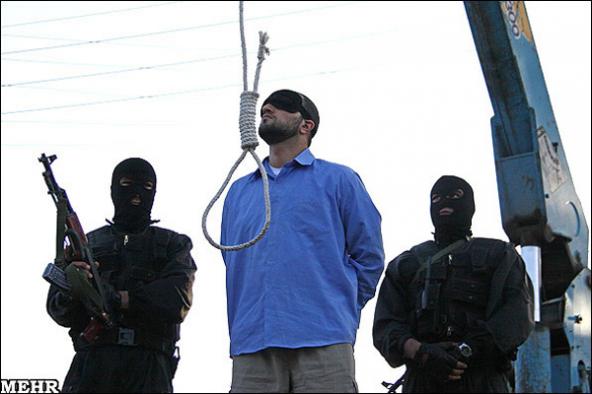
Article(s)
Outrage as Iran’s execution figures explode
on 12 February 2011
Iran hanged 121 people in six weeks between 20 December 2010 and 31 January 2011, many of them after unfair trails and for crimes that did not result in a person’s death.
2011
Drug Offenses
Fair Trial
Iran (Islamic Republic of)
Juveniles
Moratorium
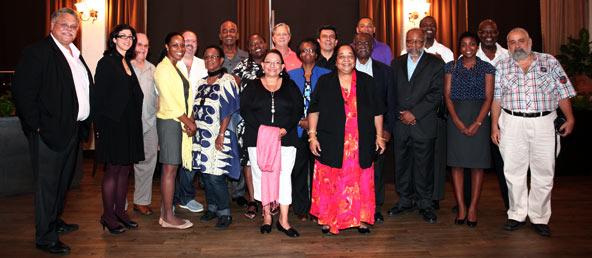
Article(s)
Caribbean events kick off with regional conference and abolitionist network launch
By Maria Donatelli & Aurélie Plaçais, on 3 October 2013
A wide range of activists, law practitioners and former death row inmates have met in Trinidad and Tobago to discuss strategies for abolition and organise under the Greater Caribbean for Life.
2013
Dominica
Grenada
Jamaica
Puerto Rico
Trinidad and Tobago
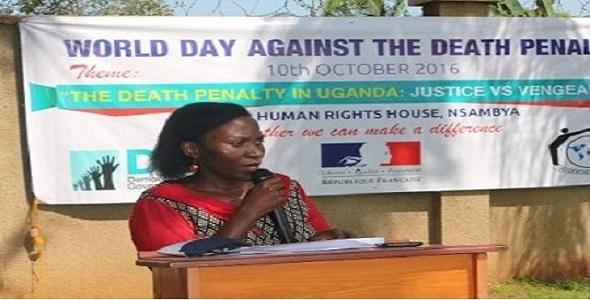
Article(s)
Pardon Prisoners On Death Row
By Lucy Peace Nantume, on 8 November 2016
At the end of October, the death sentences of more than 2,500 prisoners were commuted by the Kenyan President. The presidential power of mercy was also recently exercised by the Zimbabwean President, where 10 death row prisoners were pardoned.
2016
Clemency
Kenya
Article(s)
Liberia urged not to resume executions
on 9 April 2010
The World Coalition has been active in Liberia and internationally to bring the West African country back into the abolitionist community.
2010
Liberia
Liberia

Article(s)
Moratorium Stays in Place in Sri Lanka and Anti-Death Penalty Petitioners Secure an Official Record in Court Proceedings to Protect Future Rights
By World Coalition Against the Death Penalty, on 28 March 2023
Petitioners challenging the potential resumption of executions in Sri Lanka experienced received reassuring news on 23 February 2023 when the Attorney General of Sri Lanka reported to the Supreme Court that the incumbent President Ranil Wickremesinghe has agreed to not implement executions during his tenure.
2023
Sri Lanka
Trend Towards Abolition
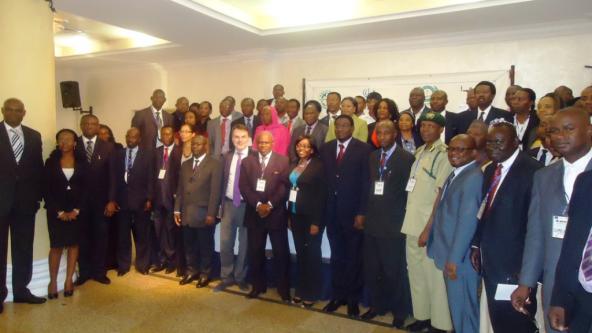
Article(s)
Three years to save lives in Nigeria
on 25 April 2012
A conference to launch the project SALI: Saving Lives, was held in Abuja, Nigeria, on 27 March. It marked the start of the project activities while encouraging discussions on the issue of the death penalty in Nigeria.
2012
Legal Representation
Nigeria
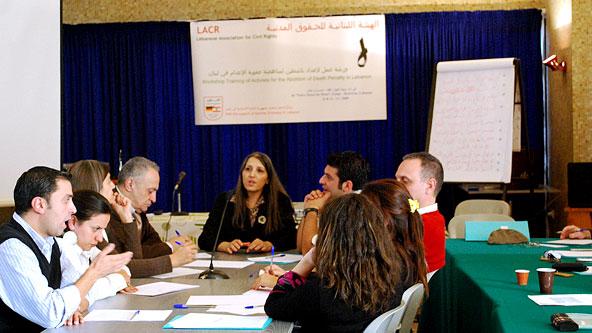
Article(s)
“Catastrophic” conditions on Lebanon’s death row
By Delphine Judith, on 31 May 2013
Ogarit Younan is a co-founder of the Lebanese Association for Civil Rights, which has just joined the World Coalition. She takes stock on the death penalty and abolitionist progress in Lebanon.
2013
Death Row Conditions
Lebanon
Article(s)
Burundi abolishes the death penalty
on 29 April 2009
Burundi’s new penal code, which abolishes the death penalty, was signed into law on April 22. ACAT-Burundi chairman Merius Rusumo recounts the campaign’s success.
2009
Burundi
Burundi
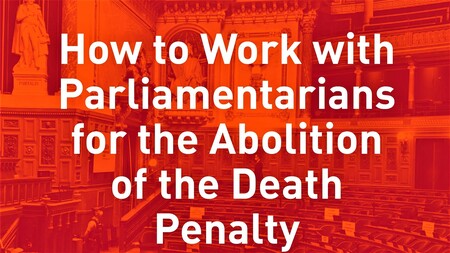
Article(s)
Publication of a New Guide on Working with Parliamentarians to Abolish the Death Penalty
By World Coalition Against the Death Penalty, on 10 October 2021
The World Coalition Against the Death Penalty, in partnership with Parliamentarians for Global Action (PGA), has published a new how-to guide for civil society organizations (CSOs) on how to collaborate with parliamentarians to abolish the death penalty.
2021
Women
Jobs
AFRICA
on 19 September 2024
Available grants are indicated below, with the specific target countries and the specific maximum amounts for each Worldwide Grant Grant Africa 1 Burkina Faso, Burundi, Central African Republic, Congo, Ghana, Sierra Leone, Zambia Grant Africa 2 Cameroon and DRC Grant Africa 3 Kenya Grant Africa 4 Kenya Grant Africa 5 Target countries: Kenya, Nigeria, Uganda […]
2024
Article(s)
India: a “lethal lottery”
on 15 May 2008
A study of the rulings by New Delhi’s Supreme Court for more than 50 years concluded that “the administration of the death penalty in India is manifestly flawed”.
2008
Fair Trial
India
Innocence
Legal Representation
Terrorism
Article(s)
ICC paves the way for justice without killing
on 18 July 2009
The University of Kinshasa has hosted a conference on the theme of death penalty-free justice to celebrate the 11th anniversary of the Rome Statute, which established the International Criminal Court.
2009
Democratic Republic of the Congo
Document(s)
Ambivalent Abolitionism in the 1920s: New South Wales, Australia
By Carolyn Strange, on 1 September 2022
2022
Academic report
Australia
More details See the document
In the former penal colony of New South Wales (NSW), a Labor government attempted what its counterpart in Queensland had achieved in 1922: the abolition of the death penalty. Although NSW’s unelected Legislative Council scuttled Labor’s 1925 bill, the party’s prevarication over capital punishment and the government’s poor management of the campaign thwarted abolition for a further three decades. However, NSW’s failure must be analysed in light of ambivalent abolitionism that prevailed in Britain and the US in the postwar decade. In this wider context, Queensland, rather than NSW, was the abolitionist outlier.
This article was first published in Crime Justice Journal: https://www.crimejusticejournal.com/issue/view/119
- Document type Academic report
- Countries list Australia
Article(s)
Saudi Arabia slammed over child executions, discrimination
on 21 February 2009
United Nations agencies, governments and NGOs criticised Saudi Arabia’s death penalty record at the UN’s universal periodic review of human rights.
2009
Juveniles
Saudi Arabia
Article(s)
Fighting to establish the unconstitutionality of the death penalty in the DRC
on 1 May 2008
Democratic Republic of Congo abolitionists have been leading a non-stop fight for two years to have the death penalty recognised as incompatible with their country’s constitution. Ongoing penal code reform is giving them a chance to defend their case.
2008
Democratic Republic of the Congo
Article(s)
Web-Editor
By World Coalition Against the Death Penalty, on 9 October 2018
The World Coalition Against the Death Penalty is recruiting a Web-editor/Editorial Webmaster for its website.
2018
Article(s)
Finance and Administration Manager
By World Coalition Against the Death Penalty, on 14 May 2020
The World Coalition Against the Death Penalty recruits a Finance and Administration Manager for a full time permanent position starting as soon as possible.
2020
Article(s)
Benin on track to achieve abolition
on 7 February 2010
Benin’s President Thomas Yayi Boni, one of the World Congress’s guests, has asked the parliament to enshrine the abolition of the death penalty in the constitution. Justice Minister Victor Tokpanou details Benin’s path to abolition.
2010
Benin
Benin
Public Opinion
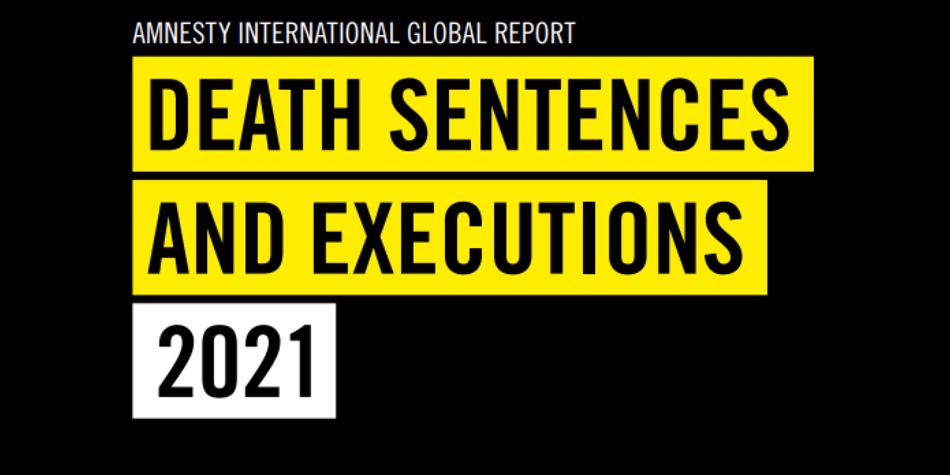
Article(s)
Executions on the rise, but progress toward abolition in 2021
By Amnesty International, on 9 June 2022
On 24 May, Amnesty International published their annual report on the global use of the death penalty, which shows the overall sentences and executions in 2021 Global figures Amnesty International recorded 579 executions in 18 countries in 2021, an increase of 20% from the 483 recorded in 2020. Despite these increases, the 2021 global executions figure constitutes the second-lowest figure recorded […]
2022
Death Row Conditions
Trend Towards Abolition
Article(s)
Abolitionists block Nigerian executions
on 9 July 2010
Legal action by local activists and pressure from international organizations have succeeded in stopping plans by Nigeria’s authorities to execute hundreds of death row inmates.
2010
Fair Trial
Innocence
Legal Representation
Moratorium
Nigeria
Nigeria
Terrorism
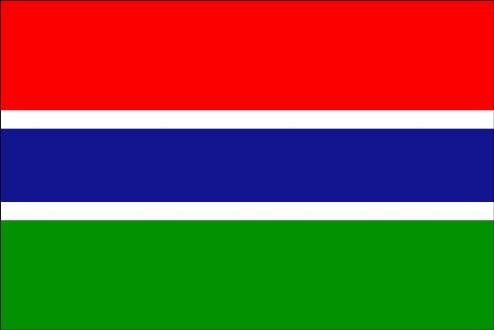
Article(s)
Calls to end executions in The Gambia
By World Coalition Against the Death Penalty, on 3 September 2012
FIDH and the World Coalition Against the Death Penalty join others to urge The Gambia to stop executions and call upon the African Union to relocate the seat of the African Commission for Human and People’s Rights in another country.
2012
Gambia
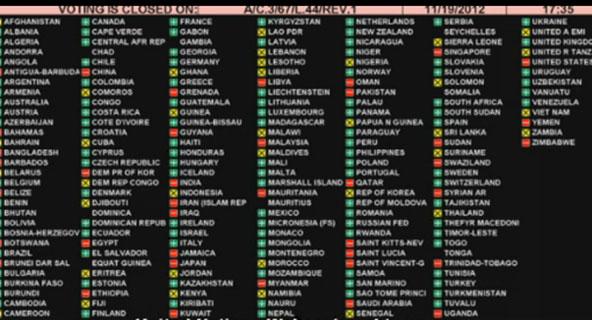
Article(s)
UN General Assembly Committee adopts draft moratorium resolution
By Maria Donatelli, on 20 November 2012
A majority of the world’s nations have approved a text calling for a global moratorium on executions, with stronger support than in a previous vote two years ago.
2012
Afghanistan
Bangladesh
Botswana
Central African Republic
Croatia
Cuba
Egypt
India
Indonesia
Japan
Malaysia
Maldives
Mauritania
Moratorium
Morocco
Niger
Oman
Singapore
South Sudan
Sri Lanka
Sudan
Suriname
Tunisia
Viet Nam
Article(s)
UN Protocol on death penalty turns 20
on 15 December 2009
For 20 years, the United Nations Protocol to abolish the death penalty has been the only universal treaty of worldwide scope to prohibit executions and secure universal abolition of the death penalty for all crimes.
2009
Armenia
Burundi
Côte d'Ivoire
Dominican Republic
El Salvador
Kazakhstan
Kyrgyzstan
Latvia
Mauritius
Poland
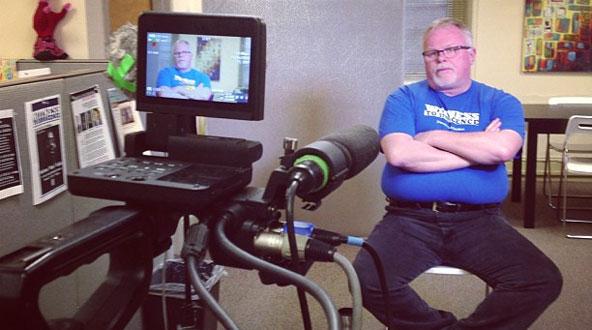
Article(s)
Ten films to expose innocence on death row
By Laura Shacham - One for Ten, on 29 April 2013
One For Ten is a series of short documentary films telling the stories of innocent people who were on death row in the United States, with support from the World Coalition and several of its members.
2013
Innocence
United States
Article(s)
Kenya’s mandatory death penalty ruled unconstitutional
on 6 August 2010
A joint effort by Kenyan and British lawyers and NGOs resulted in a court decision overturning all death sentences for murder. Legislation making capital punishment the only possible penalty for certain crimes is invalid.
2010
Cruel, Inhuman and Degrading Treatment and Punishment
Kenya
Kenya
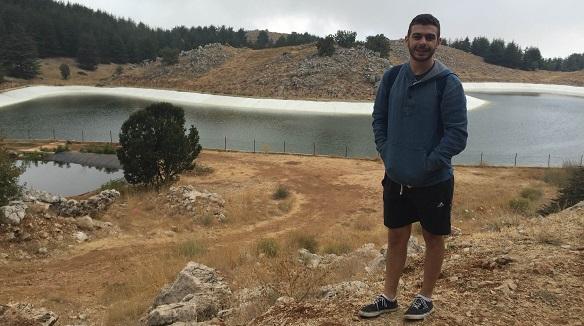
Article(s)
If I do not accept that a terrorist kills me, I do not accept either to kill a terrorist
By Tiziana Trotta, on 18 October 2016
Khachig Ghosn is a 22-year-old student of social work at the Lebanese University. Three years ago, he witnessed an explosion in Beirut. Despite this dramatic experience, he is against the use of the death penalty and he is convinced that capital executions have no deterrent effect on terrorism.Ghosn is aware that changes in his country take a very long time, but he has a positive long-term vision and hopes that the death penalty will be abolished.
2016
Lebanon
Murder Victims' Families
Terrorism
Article(s)
World Day: the French and Iranians hand-in-hand in Paris
on 12 October 2007
Abolitionists from the two countries set up a gallows in the heart of the French capital similar to that used in Tehran only a few weeks ago.
2007
Fair Trial
France
France
Iran (Islamic Republic of)
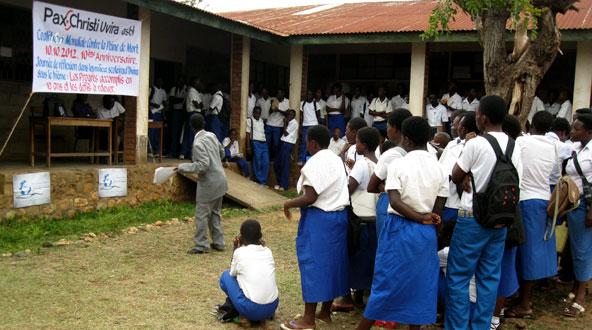
Article(s)
Thousands of abolitionists take action for a better world
By Thomas Hubert, on 11 October 2012
Dozens of events scheduled on five continents for the 10th World Day Against the Death Penalty combined actions by activists and diplomats, cultural and educational events and media presence.
2012
Article(s)
Translations in Chinese
By World Coalition Against the Death Penalty, on 21 January 2013
The World Coalition Against the Death Penalty’s office in Paris, France, is currently calling for translation contributions in Chinese.
The objective is to award contracts for translation services for the publications of the World Coalition Against the Death Penalty for 30 months (mid 2013 – mid 2015).
2013
Article(s)
Four World Coalition members among NCADP award winners
on 3 February 2008
Each year, the US National Coalition Against the Death Penalty honours those individuals and organisations that have made outstanding contributions to the struggle against the death penalty. This year’s award winners included a number of World Coalition members.
2008
United States
Article(s)
Open letter to the China National People’s Congress
on 26 February 2008
The World Coalition and ADPAN are publicising an open letter to the China National People’s Congress demanding concrete steps towards the abolition of the death penalty in China.
2008
China
Fair Trial
Moratorium
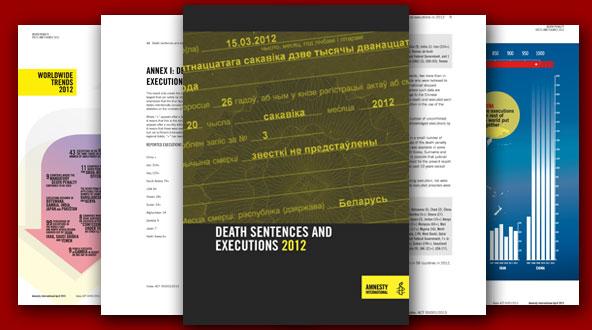
Article(s)
Only one in 10 countries carried out executions in 2012
By Tiziana Trotta, on 10 April 2013
At least 682 people were executed last year aside from China, according to Amnesty International.
2013
Afghanistan
Bahrain
Barbados
Belarus
Burkina Faso
China
Death Row Conditions
Democratic People's Republic of Korea
Egypt
Gambia
Ghana
Guyana
India
Iran (Islamic Republic of)
Iraq
Malawi
Moratorium
Pakistan
Saudi Arabia
Sierra Leone
Singapore
Syrian Arab Republic
Taiwan
Trinidad and Tobago
Viet Nam
Yemen
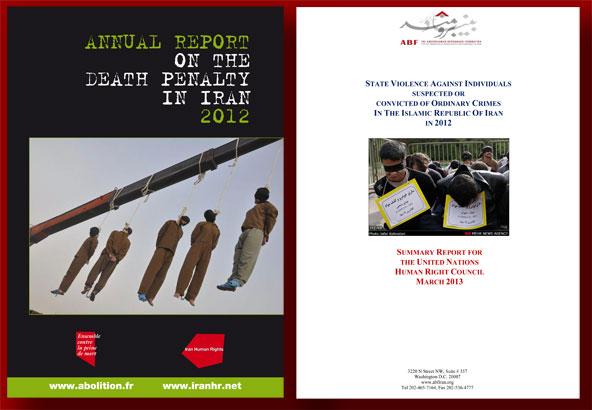
Article(s)
“Iran kills for possession of less than 50g of drugs”
By Thomas Hubert, on 9 April 2013
Annual reports published by two World Coalition member organizations of Iranian exiles expose the disproportionate use of the death penalty in Iran, mostly against drug users and traffickers.
2013
Drug Offenses
Iran (Islamic Republic of)

Article(s)
Belarusian setback on the way to abolition
on 2 April 2010
After one year of encouraging signals from Belarus, the last European country with the death penalty has brutally resumed secretive executions and the harassment of abolitionist activists.
2010
Belarus
Belarus
Cruel, Inhuman and Degrading Treatment and Punishment
Moratorium
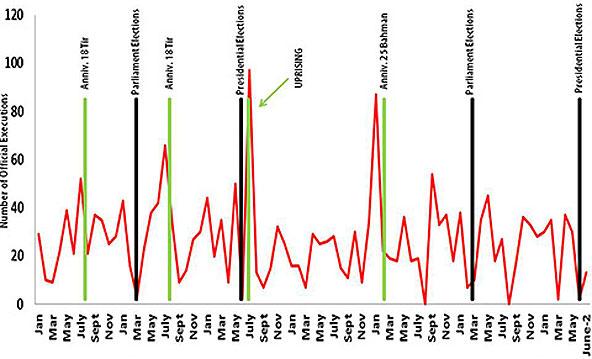
Article(s)
Stats show Iran executions are linked to political events
on 17 July 2013
Figures examined by World Coalition member organisation Iran Human rights show peaks in the use of the death penalty before and after each election.
2013
Drug Offenses
Iran (Islamic Republic of)
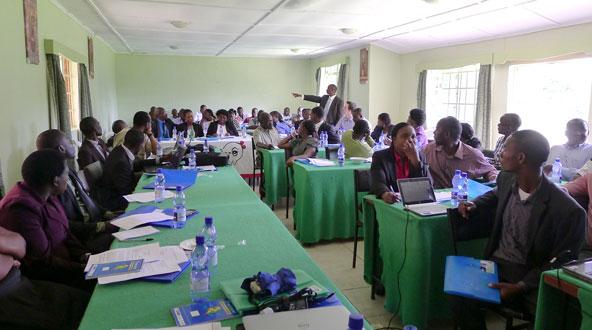
Article(s)
Mental health seminar takes Malawi a step closer to resentencings
By Emile Carreau, on 28 January 2015
The Malawi Human Rights Commission (MHRC) held a two-day seminar on mental health evaluations in preparation for the resentencing of nearly 200 individuals after their mandatory death sentences were deemed unconstitutional.
2015
Malawi
Malawi
Mental Illness
Death Penalty Glossary
on 11 November 2020
The World Coalition works on a very specific topic within the realm of human rights. Not everybody is familiar with the different terms, concepts and instruments that are relevant to the conduct of anti-death penalty work. Here are some important words to get you started if you’re new to the abolitionist community: Abolitionist noun […]
2020
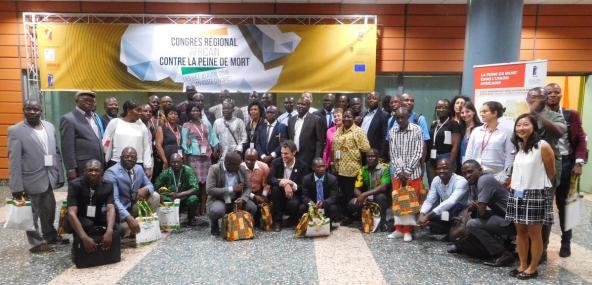
Article(s)
World Coalition welcomes the success of the Regional Congress in Africa
By World Coalition Against the Death Penalty, on 12 April 2018
The World Coalition Against the Death Penalty held its Steering Committee meeting on 11/04/2018 in Abidjan, Côte d’Ivoire, following the Regional Congress held on 09-10 April 2018.
2018

Article(s)
Mass executions in Saudi Arabia with more than 100 people executed since January 2019
By Abdoul Razak Ahmadou Youssoufou, on 7 June 2019
The Kingdom of Saudi Arabia once again made its mark on the international scene by executing 37 people sentenced to death for terrorism in six regions of the country on Tuesday, 23 April 2019, 36 of whom were beheaded, while the last was crucified.
2019
Saudi Arabia
Terrorism

Article(s)
Abolition of the death penalty in the Central African Republic
By ECPM, World Coalition Against the Death Penalty, the International Federation of ACAT (FIACAT) and Action by Christians for the Abolition of Torture in the Central African Republic (ACAT CAR), on 2 August 2021
Together Against the Death Penalty, the World Coalition Against the Death Penalty, the International Federation of ACAT (FIACAT) and Action by Christians for the Abolition of Torture in the Central African Republic (ACAT CAR) welcome this interactive dialogue and wish to draw the attention of the Independent Expert on the application of the death penalty […]
2021
Central African Republic
Moratorium

Article(s)
Reorienting Drug Policy in Indonesia towards the Achievement of the Sustainable Development Goals
By LHB Masyarakat, Swiss Federal Department of Foreign Affairs, on 6 August 2020
Indonesian not-for-profit organization LBH Masyarakat, Reprieve, and the Swiss Federal Department of Foreign Affairs recently published a report that reframes the drug problem and corresponding policy action in light of the country’s commitment to the achievement of the Sustainable Development Goals (SDGs). The report argues that the drug policies currently in place in Indonesia must be re-evaluated in such a way that tackles poverty and inequality and prioritizes support for those who are “left behind”, and put an end to its current punitive strategies.
2020
Drug Offenses
Indonesia
Document(s)
Politics of International Advocacy Against the Death Penalty: Governments as Anti–Death Penalty Crusaders
By Mai Sato, on 1 September 2022
2022
Academic report
More details See the document
Two-thirds of the countries worldwide have moved away from the death penalty in law or in practice, with global and regional organisations as well as individual governments working towards universal abolition. This article critically examines the narratives of these abolitionist governments that have abolished the death penalty in their country and have adopted the role of ‘moral crusaders’ (Becker 1963) in pursuit of global abolition. In 2018, the Australian Government, while being surrounded by retentionist states in Asia, joined the anti–death penalty enterprise along with the European Union, the United Kingdom and Norway. Using the concepts of ‘moral crusader’ (Becker 1963) and ‘performativity’ (Butler 1993), this article argues that advocacy must be acted on repeatedly for governments to be anti–death penalty advocates. Otherwise, these government efforts serve political ends in appearance but are simply a self-serving form of advocacy in practice.
This article was first published in Crime Justice Journal: https://www.crimejusticejournal.com/issue/view/119
- Document type Academic report
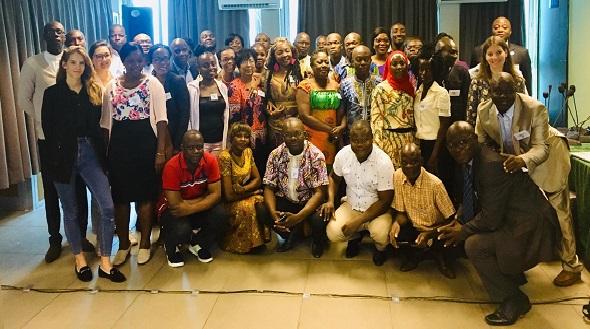
Article(s)
A Training on Advocacy for the Abolition of the Death Penalty in Sub-Saharan Africa
By Abdoul Razak Ahmadou Youssoufou, on 29 July 2019
The World Coalition Against the Death Penalty in partnership with FIACAT, and their local members ACAT Cameroon and Droits et Paix (Rights and Peace), organized a continental training course in July on advocacy for the abolition of the death penalty in sub-Saharan Africa in Douala, Cameroon. This training brought together abolitionists and experts from 23 African countries.
2019
Cameroon
Document(s)
Deeply Rooted: How Racial History Informs Oklahoma’s Death Penalty
By Death Penalty Information Center, on 14 October 2022
2022
Article
United States
More details See the document
These individual cases illustrate issues found in systemic reviews of the state’s death penalty system. In 2017, a bipartisan commission that included former prosecutors, defense lawyers, judges, citizens, crime victim advocates, and law professors found that the state’s capital punishment system created “unacceptable risks of inconsistent, discriminatory, and inhumane application of the death penalty.” In an extensively researched report, the commission recommended a moratorium on executions until reforms were made. Five years later, Oklahoma has enacted “virtually none” of the suggested reforms.
- Document type Article
- Countries list United States
Document(s)
Cuba – Committee Against Torture – Death Penalty – March 2022
on 21 March 2022
2022
NGO report
World Coalition
Cruel, Inhuman and Degrading Treatment and Punishment
Cuba
More details Download [ pdf - 250 Ko ]
Cuba has maintained a de facto moratorium on the imposition of the death penalty since its last reported execution in 2003. In 2010, Cuba’s Supreme Court commuted the death sentence of Cuba’s last remaining death row inmate. As of the date of this report, there is no record of an individual currently sentenced to death. Although a de facto moratorium is in place, Cuba has not committed to a de jure abolition of the death penalty, citing national security concerns.
- Document type NGO report / World Coalition
- Countries list Cuba
- Themes list Cruel, Inhuman and Degrading Treatment and Punishment
Document(s)
Legislative Expansion and Judicial Confusion: Uncertain Trajectories of the Death Penalty in India
By Anup Surendranath and Maulshree Pathak, on 1 September 2022
2022
Academic report
India
More details See the document
The numbers and the politics of the death penalty in India tell very different stories, presenting complicated narratives for its future. The public reaction to instances of sexual violence and other offences over the last decade and the consequent political response has significantly strengthened the retention and expansion of the death penalty. This is reflected from the fact that that of all the death sentences that district courts impose, only about 5 percent get confirmed in India’s appellate system. However, does this mean there is growing scepticism about the death penalty in the Supreme Court of India? Unfortunately, the answer is far from simple. An assessment of the death penalty in India’s appellate courts during the last decade will demonstrate that a crime-centric approach has hindered any principled discomfort with the death penalty or the manner of its administration. In particular, the Supreme Court has faltered in high-profile death sentence cases (i.e., offences against the state and sexual violence cases), and its track record of commutations has very little to do with principled considerations on sentencing. This paper argues that the political and judicial imagination of the death penalty, as a necessary part of the response to crime, creates significant and unique challenges for the path towards abolition.
This article was first published in Crime Justice Journal: https://www.crimejusticejournal.com/issue/view/119
- Document type Academic report
- Countries list India
Article(s)
Abolition on the agenda of the National Assembly in DR Congo
on 6 November 2010
The death penalty issue is back on the parliamentary agenda in the Democratic Republic of Congo thanks to a legislative sequence welcomed by local abolitionists.
2010
Democratic Republic of the Congo
Document(s)
Framing Death Penalty Politics in Malaysia
By Thaatchaayini Kananatu, on 1 September 2022
2022
Academic report
Malaysia
More details See the document
The death penalty in Malaysia is a British colonial legacy that has undergone significant scrutiny in recent times. While the Malaysian Federal Constitution 1957 provides that ‘no person shall be deprived of his life or personal liberty save in accordance with law’, there are several criminal offences (including drug-related crimes) that impose the mandatory and discretionary death penalty. Using Benford and Snow’s framing processes, this paper reviews death penalty politics in Malaysia by analysing the rhetoric of abolitionists and retentionists. The abolitionists, comprising activist lawyers and non-government organisations, tend to use ‘human rights’ and ‘injustice’ frames, which humanise the ‘criminal’ and gain international support. The retentionists, such as victims’ families, use a ‘victims’ justice’ frame emphasising the ‘inhuman’ nature of violent crimes. In addition, the retentionist state shifts between ‘national security’ and ‘national development’ frames. This paper finds that death penalty politics in Malaysia is predominantly a politics of framing.
This article was first published in Crime Justice Journal: https://www.crimejusticejournal.com/issue/view/119
- Document type Academic report
- Countries list Malaysia
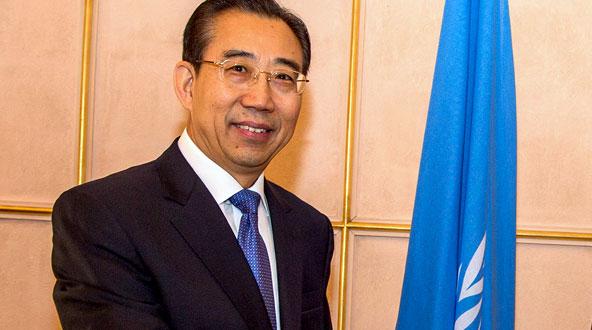
Article(s)
China rejects all UN recommendations on death penalty use
By Aurélie Plaçais, on 24 March 2014
“China’s position is to retain the death penalty, but strictly and prudently limit its application according to law,” said the world’s top executioner after it rejected all 20 UPR recommendations to curb capital punishment.
2014
China
Article(s)
Soon-to-be abolitionist Benin hosts forum on death penalty in Africa
on 24 April 2010
The African Commission on Human and Peoples’ Rights held a regional conference on the death penalty in North and West Africa in Benin mid-April.
2010
Benin
Benin
Public Opinion
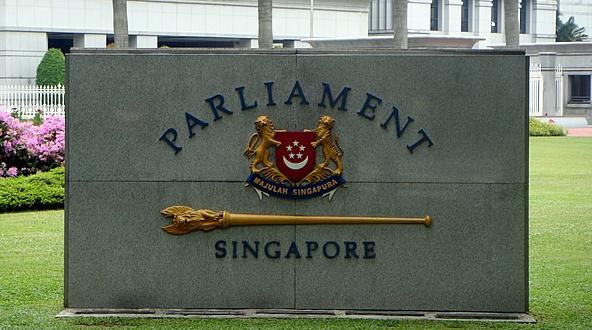
Article(s)
Singapore breaks three-year moratorium on executions
on 21 July 2014
On 18 July 2014, Singapore executed two death row prisoners, Tang Hai Liang, 36, and Foong Chee Peng, 48, bringing to an end a three-year official moratorium established by the government in 2011 as part of the review process of the mandatory death penalty.
2014
Moratorium
Singapore
Document(s)
Trapped Inside: Mental Illness & Incarceration
on 25 March 2022
2022
NGO report
Mental Illness
Pakistan
More details See the document
Pakistan’s criminal justice system fails to provide meaningful protection to persons suffering from mental illness at all stages of arrest, trial, sentencing and detention. Under Pakistani law, a person of unsound mind is unable to form criminal intent and therefore is not subject to punishment. Despite this, a disproportionate number of mentally ill prisoners are currently in Pakistan’s jails and on death row.
In light of the above, JPP, in collaboration with Monash University Australia, is launching a report titled “Trapped Inside: Mental Illness & Incarceration”, a comprehensive review of Pakistani law and practice with regards to mentally ill prisoners and defendants. This report seeks to help relevant stakeholders to better understand and respond appropriately to the mental health needs of individuals across the criminal justice system. It focuses on the steps stakeholders can take to promote and protect mental health and well-being of individuals at each stage. The report also explores last year’s landmark ‘Safia Bano’ judgement by Pakistan’s Supreme Court, which commuted the death sentences of two mentally ill death row prisoners, banned the execution of prisoners with psycho-social disabilities and set key safeguards for the same.
- Document type NGO report
- Countries list Pakistan
- Themes list Mental Illness

Article(s)
Armenia and Angola Commit to Irreversible Abolition
By Aurelie Placais, on 4 October 2019
Following the United Nations Treaty Event in New York, two more states have committed to irreversible abolition of the death penalty by signing and ratifying the Second Optional Protocol to the International Covenant on Civil and Political Rights, aiming at the abolition of the death penalty (OP2-ICCPR). The Protocol was highlighted by the United Nations […]
2019
Angola
Armenia

Article(s)
Amnesty 2010 stats: retentionist countries increasingly isolated
on 28 March 2011
Countries which continue to use the death penalty are being left increasingly isolated following a decade of progress towards abolition, Amnesty International has said in its new report Death Sentences and Executions in 2010.
2011
China
Drug Offenses
Egypt
Fair Trial
Indonesia
Iran (Islamic Republic of)
Juveniles
Lao People's Democratic Republic
Libya
Malaysia
Moratorium
Pakistan
Sudan
Thailand
United Arab Emirates
United States
Yemen
Article(s)
Video about the death penalty in the Palestinian Territories
By Federica Merenda, on 9 March 2016
Since the establishment of the Palestinian Authority, in 1994, 172 death sentences have been issued in the territories under its authority, of which 30 in the West Bank and 142 in the Gaza Strip, 87 since Hamas gained the control of the area in 2007. The video points out arguments against the death penalty: it is ineffective, irreversible, against human dignity and it has no deterrence effect as proved by the high criminal rate shared by the countries which use it most. Besides, while the Islamic Law regards it as a right of the relatives of the victim, the Shaaria also supports forgiveness and compensation.
2016
State of Palestine
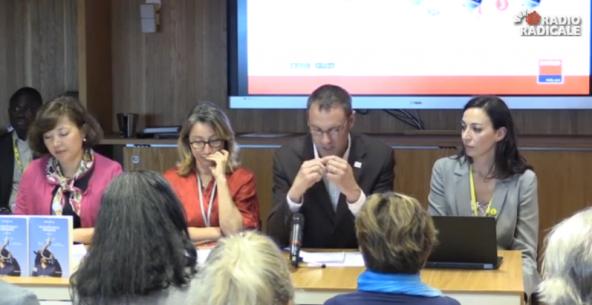
Article(s)
Event on the UNGA resolution for a moratorium on the use of the death penalty at the World Congress
By Federica Merenda, on 27 June 2016
In the context of the 6th World Congress Against the Death Penalty, the World Coalition together with Hands Off Cain and Amnesty International co-hosted a side event focusing on the 6th UNGA resolution for a moratorium on the use of the death penalty, whose adoption will be decided in New York in December this year.
2016
Moratorium
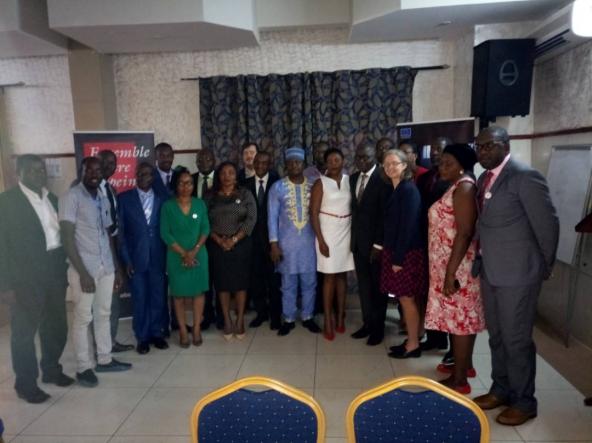
Article(s)
Toward the abolition in Cameroon
By Lorène du Crest et Nicolas Perron, on 6 July 2017
Despite Africa’s march towards abolition, considered by many as the next abolitionist continent, Cameroon continues to withstand the abolitionist trend. Cameroon is the biggest executioner among French speaking countries in Africa, and the seventh country – on a global scale – with the largest number of death sentences: 160 in 2016, according to Amnesty International.
2017
Cameroon
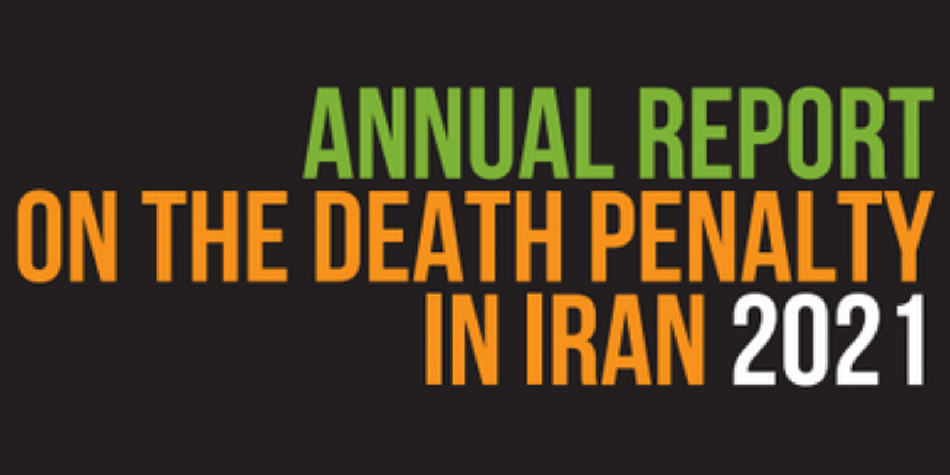
Article(s)
Death Penalty in Iran: Sharp Increase in Executions
By Anissa Aguedal, on 10 June 2022
An alarming situation On 28 April 2022, Iran Human Rights (IHR) and Ensemble contre la peine de mort (ECPM) released their 14th Annual Report on the Death Penalty in Iran, revealing an increase in the number of executions in 2021. At least 333 people were executed and 83,5% of these executions were not announced by […]
2022
Iran (Islamic Republic of)
Article(s)
2009 Amnesty statistics: at least 714 executions… excluding China
on 30 March 2010
Amnesty International has released its report on the death penalty in the world in 2009. The organisation has decided to exclude China from its calculation due to the lack of transparency on capital punishment in that country.
2010
Belarus
Burundi
China
Cruel, Inhuman and Degrading Treatment and Punishment
Fair Trial
Iran (Islamic Republic of)
Iraq
Saudi Arabia
Togo
United States

Article(s)
Statement on the occasion of the adoption of the upr report of Lebanon
By Ensemble contre la peine de mort (ECPM), on 2 August 2021
We welcome Lebanon’s position in accepting some of the recommendations on strengthening the justice sector and improving strengthening the justice sector and those aimed at improving the conditions of detention, including the fight against acts of torture and ill-treatment.
2021
Lebanon
Moratorium
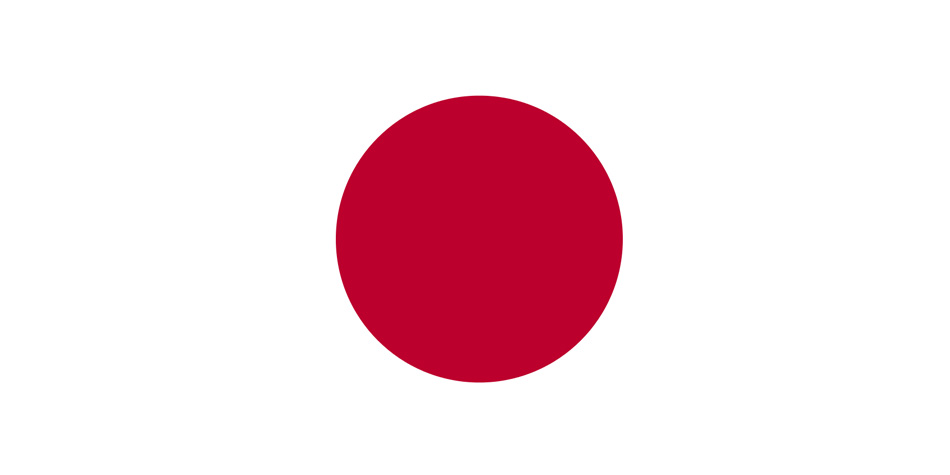
Article(s)
Protest Against Executions Ordered by Minister of Justice Yoshihisa Furukawa
By Center for Prisoner Rights and Japan Innocence and Death Penalty Information Center, on 23 December 2021
On 21 December 2021, Japan’s new governement executed three men after two years with no execution during which Japan hosted the Olympics and the United Nations Congress on Criminal Justice.
2021
Japan
Legal Representation
Moratorium
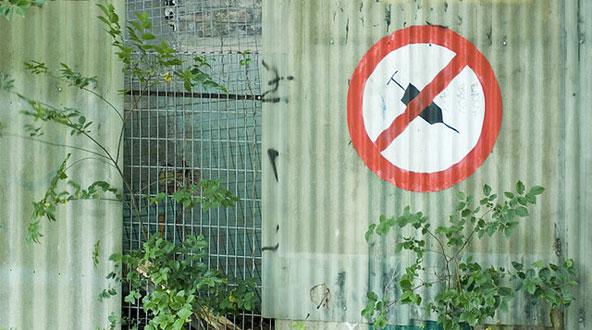
Article(s)
The shared responsibility of capital punishment
on 27 September 2011
Everyone agrees that the highest international standards should apply in the fight against drug. But what about the standards used in punishing traffickers- and the inappropriate use of the death penalty against such criminals?
2011
Australia
Bhutan
Colombia
Drug Offenses
Indonesia
Italy
Mozambique
Nepal
Niue
Pakistan
Philippines
South Africa
State of Palestine
Sweden
Taiwan
Terrorism
Thailand
Document(s)
Detailed Factsheet
By World coalition against the death penalty , on 10 October 2011
2011
Campaigning
Trend Towards Abolition
frMore details Download [ pdf - 201 Ko ]
Detailed Factsheet 2019
- Document type Campaigning
- Themes list Trend Towards Abolition
- Available languages Fiche détaillée 2011
Article(s)
Africa moving towards regional abolition treaty
on 5 October 2009
The African Commission on Human and People’s Rights organised its first regional conference on the death penalty in Africa in late September.
2009
Moratorium
Rwanda

Article(s)
Progressing towards abolition in East Africa
on 7 August 2011
On 24-27 July, 2011, World Coalition members Penal Reform International (PRI), Foundation for Human Rights Initiative (FHRI) and the International Commission of Jurists-Kenya section (ICJ), jointly hosted a regional roundtable on “Death Penalty in East Africa: Challenges, Strategies and Comparative Jurisprudence”, with the Judicial Studies Institute (JSI) in Nairobi, Kenya.
2011
Death Row Conditions
Fair Trial
Kenya
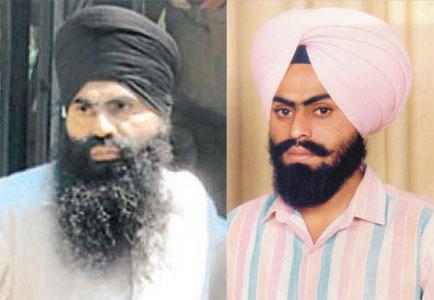
Article(s)
India asked to maintain the moratorium on executions
By Emile Carreau, on 28 July 2011
After a six year moratorium on executions, India’s President Patil has rejected the mercy petition of two Indian nationals despite international outcry to maintain the moratorium.
2011
Cruel, Inhuman and Degrading Treatment and Punishment
Drug Offenses
India
Moratorium
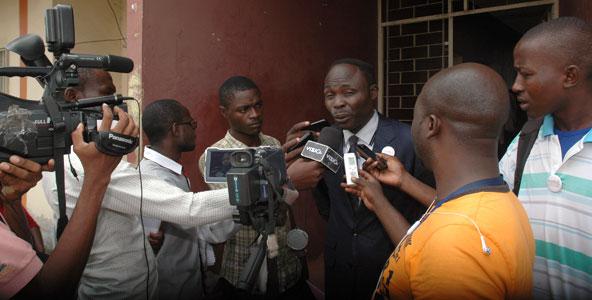
Article(s)
Working with journalists to expose the death penalty’s flaws
By World Coalition Against the Death Penalty, on 30 June 2014
Journalists and activists held a joint practical workshop during the World Coalition’s recent AGM in Puerto Rico to discuss ways of getting the abolitionist message across in the media.
2014
Public Opinion
Puerto Rico
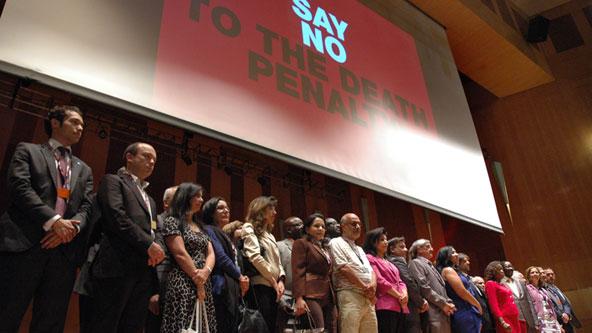
Article(s)
World Congress Against the Death Penalty
By Thomas Hubert & Tiziana Trotta, on 12 June 2013
The World Congress is taking place in Madrid between 12-15 June 2013. During three days, it unites members of international civil society, politicians, and legal experts to elaborate abolitionist strategies for the years to come at the national, regional, and international levels, and to send out a clear message to the world: that universal abolition is essential for a world where progress and justice must prevail.
2013
Spain

Article(s)
Justice Denied: A Global Study of Wrongful Death Row Convictions
By Death Penalty Worldwide, on 26 March 2018
The report is a first-of-its-kind comparative study of wrongful convictions. The report illuminates the similarities in wrongful conviction in six countries: Cameroon, Indonesia, Jordan, Malawi, Nigeria, and Pakistan.
2018
Cameroon
Indonesia
Innocence
Jordan
Malawi
Nigeria
Pakistan
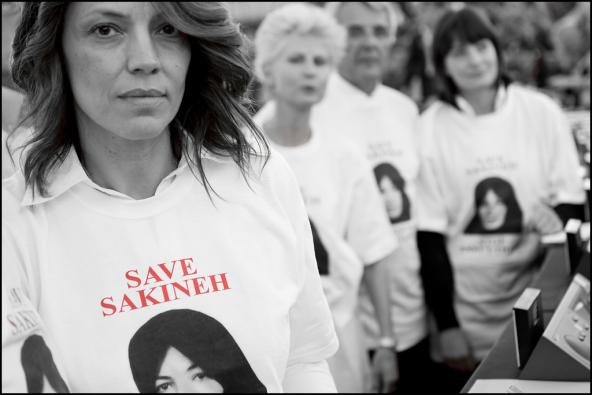
Article(s)
‘Sakineh’ campaign to culminate in worldwide protests
on 25 August 2010
What started as an effort to save an Iranian woman sentenced to death by stoning is turning into a global movement for human rights and against capital punishment.
2010
Cruel, Inhuman and Degrading Treatment and Punishment
Iran (Islamic Republic of)
Public Opinion
Article(s)
World Coalition calls on Liberia to regain its leading abolitionist role
on 2 October 2008
Details have emerged on the recent enactment of legislation asserting the death penalty in Liberia. The World Coalition has offered authorities in Monrovia its support to put Liberia back on the path to abolition.
2008
Clemency
Liberia
Liberia
Article(s)
Taiwan abolitionists remind their government of its promise
on 13 March 2011
After fresh executions, the Taiwan Alliance to End the Death Penalty has been campaigning to save the lives of five condemned prisoners, recalling the government to its commitments to human rights.
2011
Clemency
Death Row Conditions
Taiwan
Taiwan
Article(s)
Training consultant
By World Coalition, on 21 January 2016
The World Coalition calls for applications for a consultant in charge of planning a training session in Sub-Saharan Africa.
2016
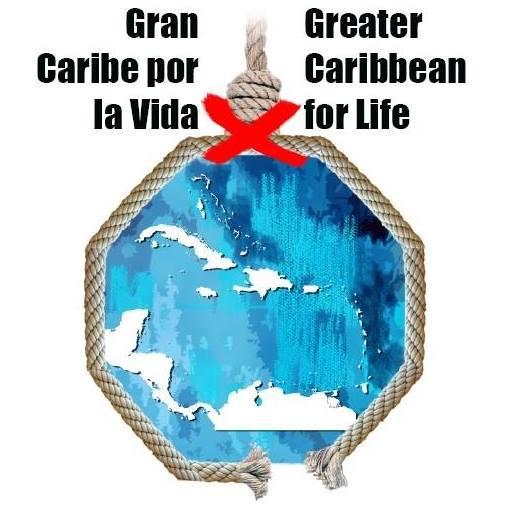
Article(s)
10 years with no hanging in the Caribbean
By Greater Caribbean for Life, on 19 December 2018
The Greater Caribbean for Life (GCL) notes that 19 December, 2018 marks the 10th anniversary of the hanging of Charles la Place in St Kitts and Nevis. He was the last person who was hanged in the English-speaking Caribbean.
2018
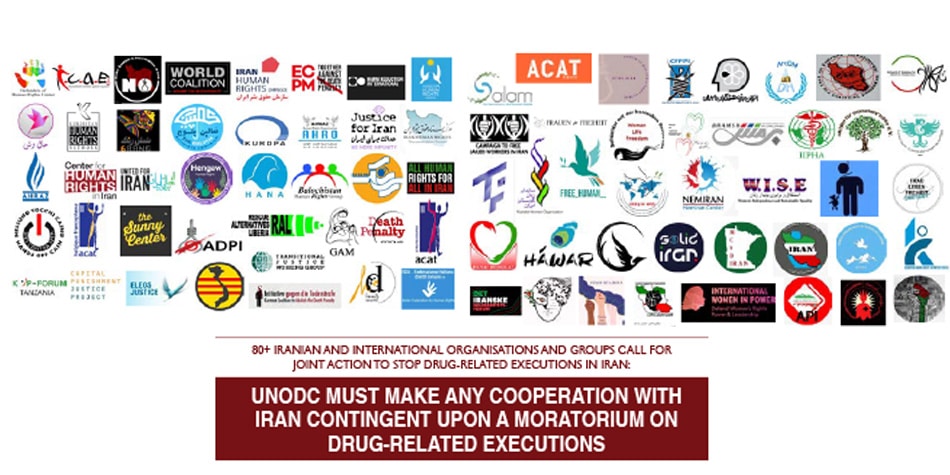
Article(s)
Call for joint action to stop drug-related executions in Iran
on 3 May 2024
April 10, 2024 Iran Human Rights (IHRNGO) and 83 Iranian and international organisations and groups have called for joint action to stop drug-related executions, urging UNODC to make “any cooperation with the Islamic Republic contingent on a complete halt on drug-related executions”. They have announced the start of a mass international campaign in this regard.
2024
Drug Offenses
Iran (Islamic Republic of)
Article(s)
Japan executions “a step backward for Asia”
on 30 July 2010
Activists in Japan and elsewhere have criticised Justice Minister Keiko Chiba for ordering two men to be hanged in Tokyo on July 28 despite her earlier abolitionist statements.
2010
Japan
Moratorium
Public Opinion
Taiwan
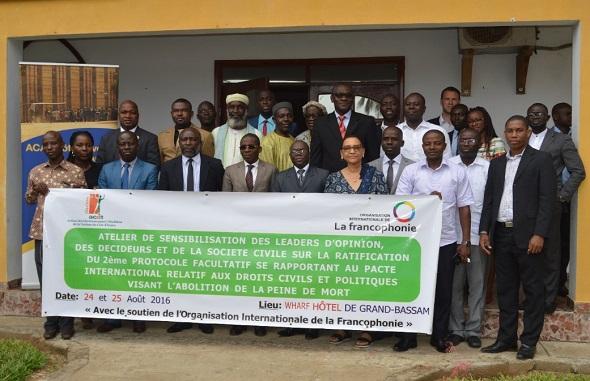
Article(s)
ACAT-CI commits to the ratification of OP2 in Côte d’Ivoire
By N'guettia Yves Arsene Kouadio - ACAT Côte d'Ivoire, on 4 January 2017
Action by Christians for the Abolition of Torture in Côte d’Ivoire (ACAT CI) has conducted advocacy activities between May and November 2016 in order to raise awareness on the Second Optional Protocol to the International Covenant on Civil and Political Rights (OP2), aiming at the abolition of the death penalty. This project has been supported by the International Organisation of la Francophonie (OIF) and the International Federation of ACAT (FIACAT).
2017
Côte d'Ivoire
Public Opinion
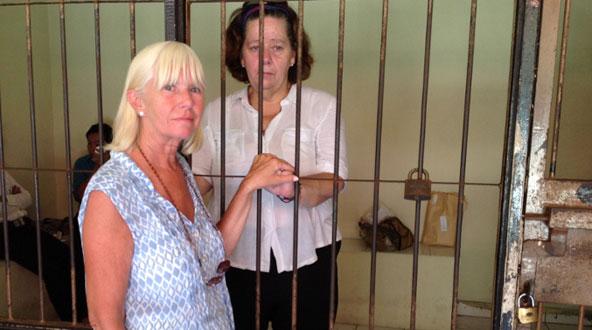
Article(s)
Briton’s death sentence puts Indonesians at risk
By KontraS, on 31 January 2013
The World Coalition’s Indonesian member organization KontraS has raised the international consequences of Lindsay Sandiford’s high-profile capital case in an opinion article published by the Jakarta Globe newspaper, calling on the country to abolish the death penalty.
2013
Drug Offenses
Indonesia
Moratorium
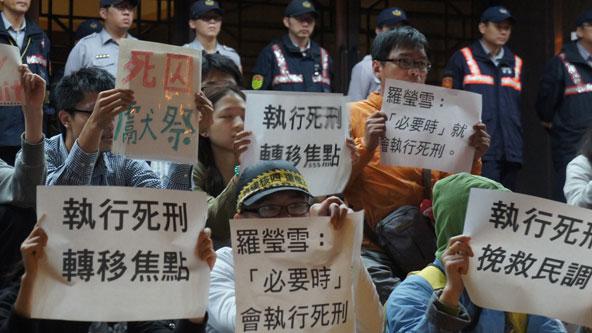
Article(s)
More surprise executions in Taiwan
By Emile Carreau, on 30 April 2014
With the recent execution of five prisoners in Taiwan, World Coalition member organisation, Taiwan Alliance to End the Death Penalty (TAEDP), is feeling a sense of déjà vu.
2014
Taiwan
Taiwan

Article(s)
Philippines: Do not revive the Death Penalty
By Ngeow Chow Ying, for the Anti-Death Penalty Asia Network (ADPAN), on 15 January 2017
ADPAN strongly urges all members of the Philippine House of Representative and Senate to reject the reinstatement of the death penalty and uphold the rights to life as enshrined in the Constitution.
2017
Cruel, Inhuman and Degrading Treatment and Punishment
Article(s)
New Jersey sets an example for US states
on 8 January 2008
The abolition of the death penalty in New Jersey on December 17 could pave the way for other US states. Death Penalty Focus’s Speedy Rice explains how some of them may make the move.
2008
Public Opinion
United States
Article(s)
Global mobilisation against Iraq’s high-profile death sentences
on 4 December 2010
Several former associates of Saddam Hussein have been sentenced to death. The Iraqi President, NGOs and international diplomats are now fighting to save their lives.
2010
Clemency
Iraq
Iraq
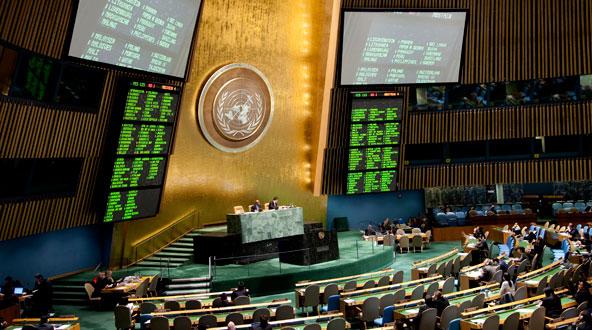
Article(s)
Death penalty: Global abolition closer than ever as record number of countries vote to end executions
By Amnesty International, on 17 December 2018
A record number of States – 121 out of 193 member states – voted in favour of a moratorium on the death penalty at the United Nations General Assembly on December the 17th. A world without the death penalty may become a reality according to Chiara Sangiorgio, Amnesty International’s Death Penalty Expert.
2018
Moratorium
Article(s)
Kyrgyzstan becomes 73rd country to pass irreversible abolition
on 17 December 2010
Following one year of lobbying led by the World Coalition, the Central Asian country has become a party to the UN protocol on the abolition of the death penalty.
2010
Kyrgyzstan
Moratorium

Member(s)
Free Mumia! French Support Group
on 30 April 2020
Founded in 1995, the French collective “Libérons Mumia” brings together about a hundred organisations and public authorities: human rights associations, trade unions, political parties, local and regional collectives and local authorities. His objective is to obtain a new trial allowing the Black American journalist Mumia to defend his innocence and regain his freedom. Mumia Abu-Jamal […]
2020
France
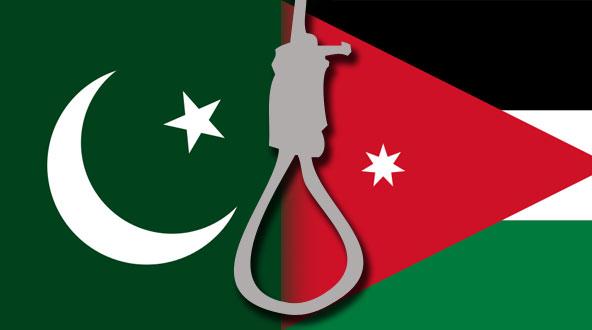
Article(s)
Executions in Jordan and Pakistan show need to go beyond moratorium
By Thomas Hubert, on 16 January 2015
The World Coalition and its members have criticised decisions by the governments of Jordan and Pakistan to reverse their policy of suspending executions despite a historic vote in favour of a moratorium on the use of the death penalty at the UN General Assembly.
2015
Jordan
Moratorium
Pakistan
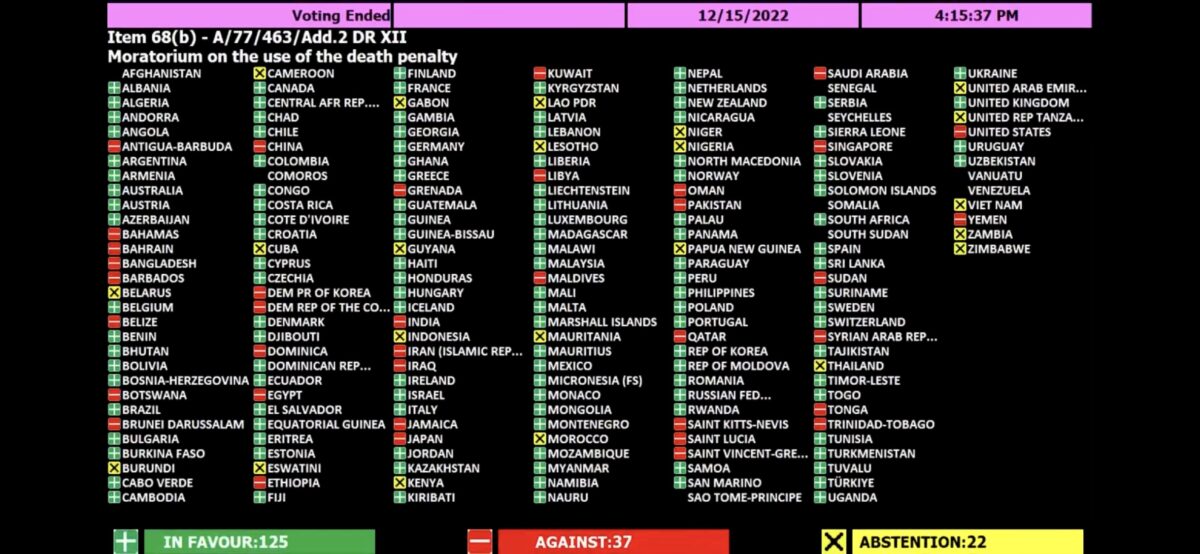
Article(s)
9th Resolution for a moratorium on the death penalty: the trend is growing
By World Coalition Against the Death Penalty, on 20 December 2022
On 15 December 2022, the United Nations General Assembly adopted the 9th resolution for a moratorium on the use of the death penalty with 125 votes in favor (2 more than in 2020), 37 votes against, 22 abstentions and 9 absent.
2022
Moratorium
Trend Towards Abolition
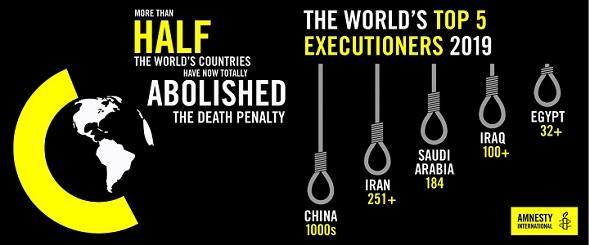
Article(s)
Death penalty in 2019: Facts and figures
By Amnesty International, on 22 April 2020
Amnesty International published its annual report on death sentences and executions worldwide on 21 April 2020. It showed that the number of known executions decreased slightly on the 2018 total, reaching the lowest figure in more than 10 years, despite Iraq nearly doubling its tally and Saudi Arabia having its highest executions total in any given year.
2020
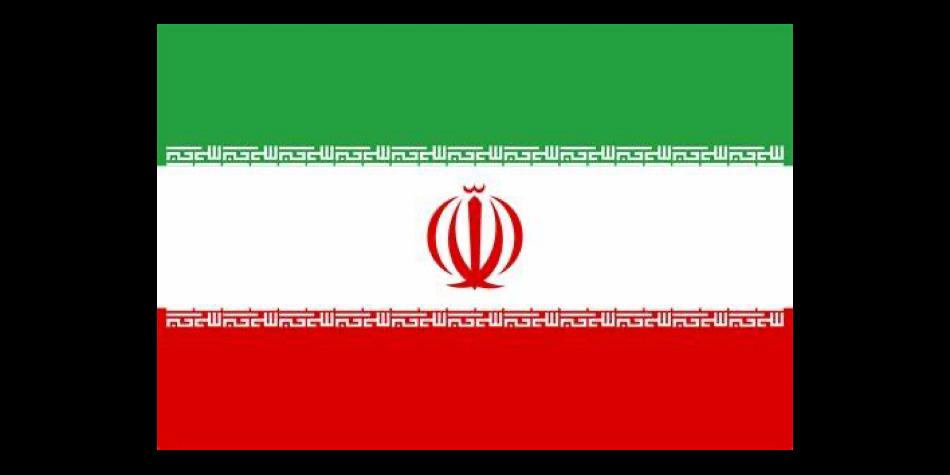
Article(s)
Statement of international solidarity with the families of people sentenced to death in Iran
By The World Coalition Against the Death Penalty, on 15 September 2022
The World Coalition Against the Death Penalty express its solidarity with the families and relatives of people who are sentenced to death in Iran and with the civil society organizations supporting them.
2022
Iran (Islamic Republic of)
Document(s)
Isolation and desolation conditions of detention of people sentenced to death Malaysia
By Carole Berrih, Ngeow Chow Ying, ECPM, ADPAN, on 27 May 2021
2021
NGO report
Death Row Conditions
Malaysia
frMore details See the document
Isolation and Desolation – Conditions of Detention of People Sentenced to Death in Malaysia is the first ever fact-finding mission report on the conditions of detention of death row prisoners in Malaysia.
It examines the use of death penalty in Malaysia as well as the actual situation of people on death row.
This report is not meant to point fingers but rather to put the facts on the table in a transparent manner and work from there. It is mainly an advocacy tool for all abolitionist stakeholders, from civil society actors to the parliamentarians who will keep fighting for the abolition of the death penalty.
- Document type NGO report
- Countries list Malaysia
- Themes list Death Row Conditions
- Available languages Isolement et désespoir conditions de détention des condamnés à mort Malaisie
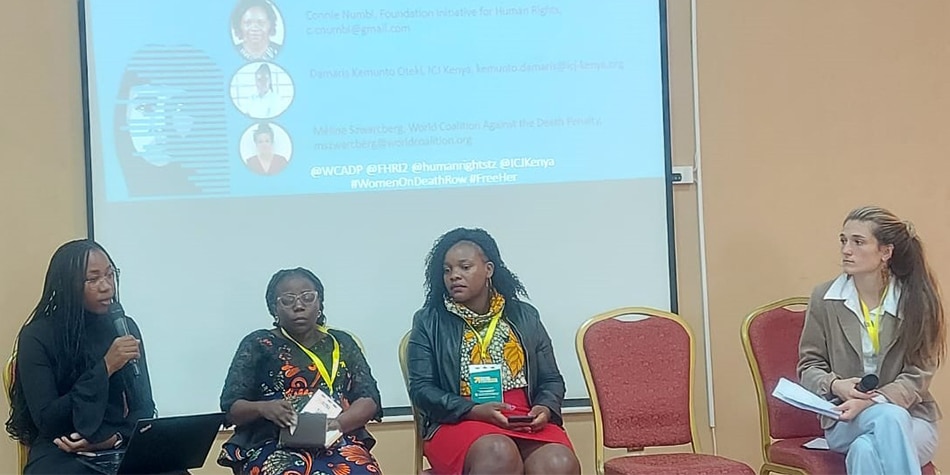
Article(s)
Advocating for the recognition of women sentenced to death in the fight for women’s rights
By World coalition against the death penalty, on 15 August 2023
From July 16 to 20, a World Coalition delegation comprising Connie Numbi of Foundation for Human Rights Initiative Uganda, Dr Anna Henga of Legal Human Right Center Tanzania, Damaris Kemunto of the Kenyan Section of the International Commission of Jurists (ICJ Kenya), and Méline Szwarcberg, Women and Gender Project Manager at the World Coalition, attended […]
2023
Gender
Women
Document(s)
Iraq – Committee Against Torture – Death Penalty – March 2022
on 18 March 2022
2022
NGO report
World Coalition
Iraq
More details Download [ pdf - 250 Ko ]
This report provides an update to the coauthors’ report at the List of issues stage and responds to the State party’s responses to the Committee’s questions in the List of issues that touch on the death penalty.
- Document type NGO report / World Coalition
- Countries list Iraq
Article(s)
Project officer – The Death Penalty Project
By The Death Penalty Project, on 23 January 2018
The Death Penalty Project is recruiting a Project Officer.
2018
United Kingdom
Document(s)
Holdouts in the South Pacific: Explaining Death Penalty Retention in Papua New Guinea and Tonga
By Daniel Pascoe and Andrew Novak, on 1 September 2022
2022
Academic report
Papua New Guinea
Tonga
More details See the document
The South Pacific forms a cohesive region with broadly similar cultural attributes, legal systems and colonial histories. A comparative analysis starts from the assumption that these countries should also have similar criminal justice policies. However, until 2022, both Papua New Guinea and Tonga were retentionist death penalty outliers in the South Pacific, a region home to seven other fully abolitionist members of the United Nations. In this article, we use the comparative method to explain why Papua New Guinea and Tonga have pursued a different death penalty trajectory than their regional neighbours. Eschewing the traditional social science explanations for death penalty retention, we suggest two novel explanations for ongoing retention in Papua New Guinea and Tonga: the law and order crisis in the former and the traditionally powerful monarchy in the latter.
This article was first published in Crime Justice Journal: https://www.crimejusticejournal.com/issue/view/119
- Document type Academic report
- Countries list Papua New Guinea / Tonga
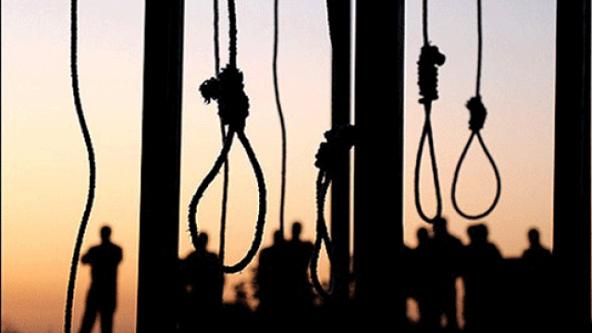
Article(s)
Joint statement from 48 coalitions, networks and human rights organizations from 12 Arab countries
By The Arab Coalition Against the Death Penalty, on 6 January 2016
The statement strongly condemns the execution of Nimr Baqir al-Nimr in Saudi Arabia and renewed its demand for Saudi Arabia to support the United Nations resolution on a global moratorium on the death penalty and to abolish the death penalty in national legislation.
2016
Saudi Arabia
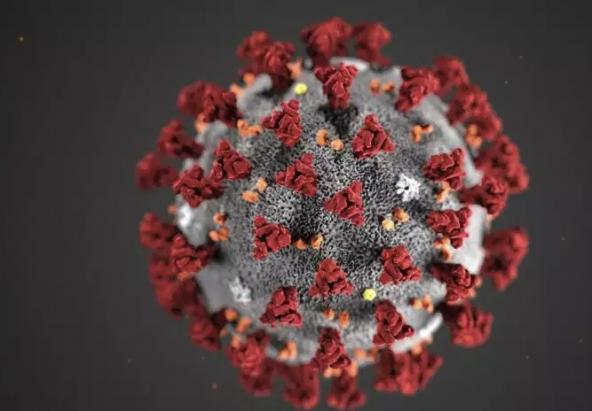
Article(s)
COVID-19: Calling for a Worldwide Moratorium on the Death Penalty During the Pandemic
By World Coalition Against the Death Penalty, on 18 June 2020
“When the whole world is trying hard to save lives from COVID-19, an execution by the state is contradictory and perverse” said Kevin Miguel Rivera Medina, President of the World Coalition Against the Death Penalty.
2020
Moratorium
Article(s)
FIACAT: abolition “is part of the mission of the Churches”
on 16 December 2009
Days before the major Christian festival of Christmas, the International Federation of Action by Christians for the Abolition of Torture reaffirmed its Gospel-inspired opposition to the death penalty.
2009
Cruel, Inhuman and Degrading Treatment and Punishment
Iran (Islamic Republic of)
Juveniles
Saudi Arabia
Sudan
Yemen
Article(s)
Web-Editor
By World Coalition Against the Death Penalty, on 17 October 2016
The World Coalition Against the Death Penalty is recruiting a Web-editor for its website.
2016

